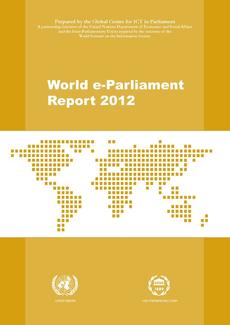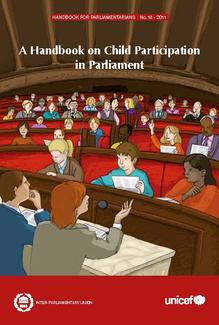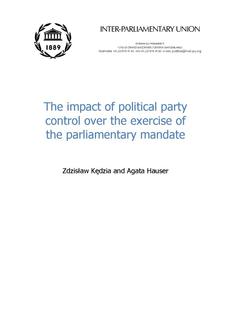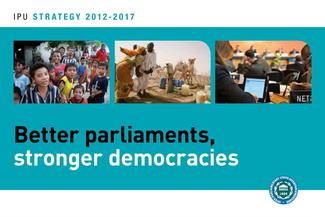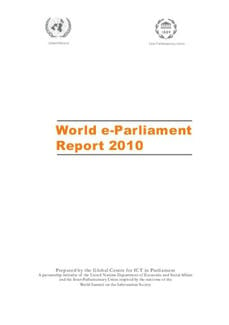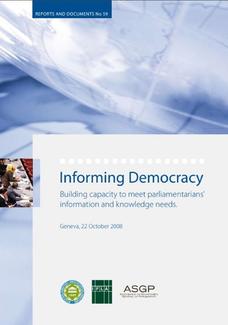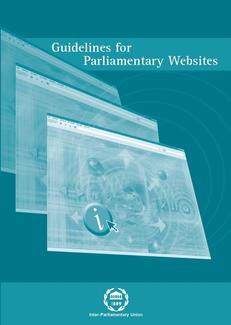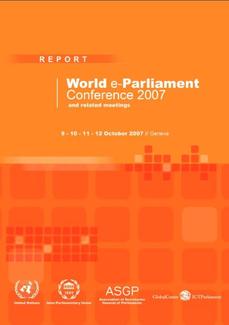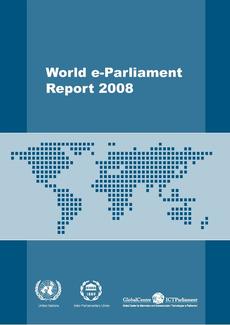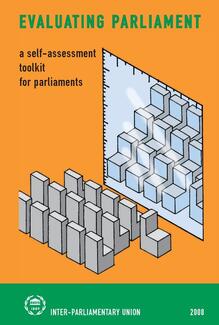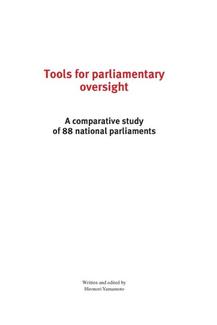- ImpactWe help parliaments to become greener and to implement the Paris agreement.We support democracy by strengthening parliamentsWe work to increase women’s representation in parliament and empower women MPs.We defend the human rights of parliamentarians and help them uphold the rights of all.We help parliaments fight terrorism, cyber warfare and the proliferation of weapons of mass destruction.We encourage youth participation in parliaments and empower young MPs.We support parliaments in implementing the SDGs with a particular focus on health and climate change.
- ParliamentsNearly every country in the world has some form of parliament. Parliamentary systems fall into two categories: bicameral and unicameral. Out of 190 national parliaments in the world, 78 are bicameral (156 chambers) and 112 are unicameral, making a total of 268 chambers of parliament with some 44,000 members of parliament. IPU membership is made up of 180 national parliaments
Find a national parliament
We help strengthen parliaments to make them more representative and effective. - EventsForumNY, United StatesThe Parliamentary Forum at the HLPF is designed to engage parliamentarians in assessing progress toward the Sustainable Development Goals (SDGs) at the global level.
- Knowledge
Discover the IPU's resources
Our library of essential resources for parliamentsGlobal data for and about national parliamentsLatest data and reports about women in parliamentResolutions, declarations and outcomes adopted by IPU MembersRecent innovations in the way parliaments workThe latest climate change legislation from the London School of Economics' databaseIPU on air- Conversations about parliamentary action
Publications
The World e-Parliament Report 2012 documents the efforts of legislatures to use information and communication technologies (ICT) to support their constitutional functions. The Report is based on a surveyconducted by the Global Centre for ICT in Parliament between February and
This handbook, a collaborative effort of the Inter-Parliamentary Union and UNICEF, addresses some of the key ways in which parliamentarians can guarantee that children's voices, concerns and interests find expression in and are taken into account by parliaments. It aims
This paper summarizes the results of a worldwide survey on politicl party control over the exercise of the parliamentary mandate conducted in 2009-2010 by the Inter-Parliamentary Union. The notion of party control should be interpreted in a wider sense than
Adopted by the Governing Council of the IPU in October 2011 with an overall title “Better parliaments, stronger democracy”, IPU Strategy for 2012 –2017 charts the course for IPU development in the next five years and serves to garner resources
The World e-Parliament Report intends to help legislatures to harness the potential benefits of ICT for their work and establish key goals and priorities for exploiting this valuable resource. The findings presented in the 2010 edition are based on data
Reference
ʺKnowledge is power ʺ runs the adage. During the Conference on 'Informing Democracy', held in October 2008, a participant completed it by adding “and we are trying to make very powerful MPs”. This aspiration is fundamental to the quality of
The Guidelines published by IPU in 2000 helped many parliaments to set up or develop their website. Now almost every parliament in the world is present online. Today's challenge is to make the most effective use of the Internet to
The World e-Parliament Conference 2007 took place in Geneva on 11 October 2007. The event, jointly organized by the United Nations Department of Economic and Social Affairs, the Inter-Parliamentary Union and the Association of Secretaries General of Parliaments, through the
The World e-Parliament Report 2008 represents a first effort to establish a baseline of how parliaments are using, or planning to use ICT to help them fulfill their responsibilities and to connect to their constituencies. The Report is based on
This self-assessment toolkit invites parliaments to evaluate their democratic performance against a set of criteria based on the core values set out in IPU’s ground-breaking study, Parliament and democracy in the twenty-first century: A guide to good practice. The purpose
This self-assessment toolkit invites parliaments to evaluate their democratic performance against a set of criteria based on the core values set out in IPU’s ground-breaking study, Parliament and democracy in the twenty-first century: A guide to good practice. The purpose
By Hironori Yamamoto. Parliamentary oversight is a multi-faceted activity. Tools for parliamentary oversight examines the mechanisms and processes used in oversight activities. It identifies and analyzes the tools that are commonly found in plenary and in committee work, where detailed





